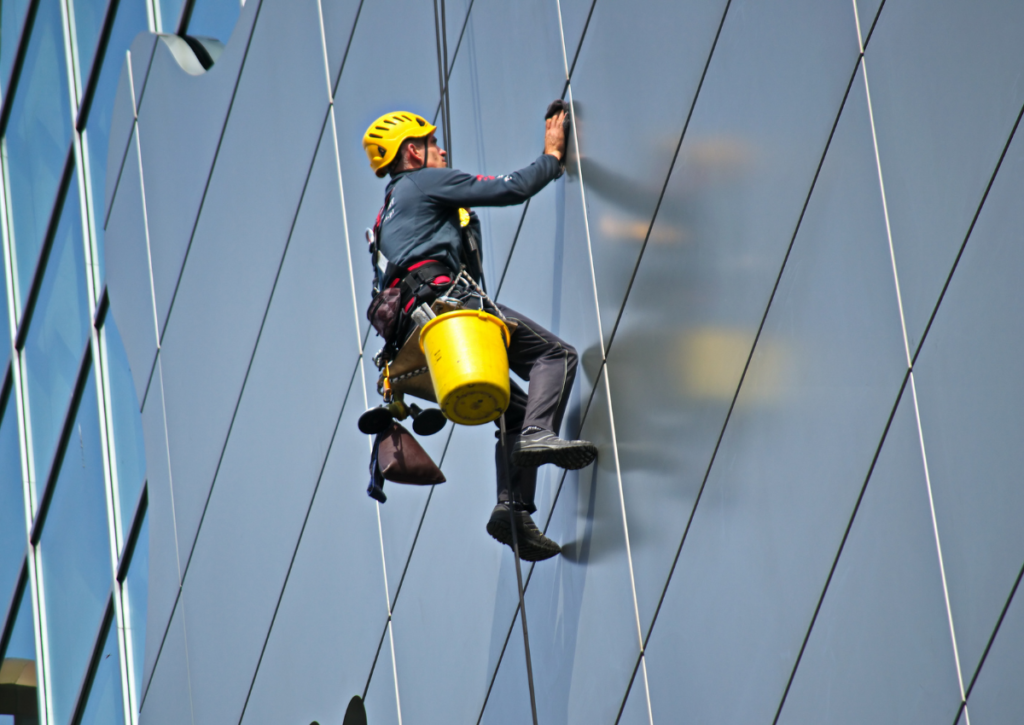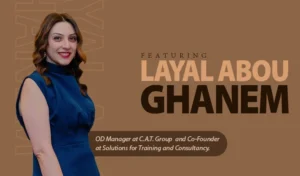
When you gaze at Dubai’s skyline, it’s often the “idle” Building Maintenance Units (BMUs), or façade cleaning cranes—as my homeowners association board refers to them—that catch your eye. These units, once as common on buildings as iPod stands in fitness centers, are increasingly being sidelined. It turns out there was a better, cheaper, safer technology right in front of us all along: the trusty old rope.
These days, it’s becoming a familiar sight to see brave individuals, akin to Spider-Men, suspended from the sides of buildings. They work diligently, ensuring Dubai’s structures retain their shimmer and shine. These rope access techniques, rooted in age-old practices such as sailing, caving, and climbing, have evolved to meet modern standards, including those set by the Industrial Rope Access Trade Association (IRATA). This approach stands as a testament to the efficiency and safety that simplicity can bring to complex tasks, especially in high-rise maintenance where it offers a less cumbersome and costly alternative to BMUs, which also require regular, expensive maintenance.
Professionals in this field undergo rigorous training and regular recertification, maintaining high safety standards while working at heights. Rope access also allows for quick setup and dismantling, which speeds up the completion of cleaning and maintenance tasks without compromising safety or quality.
It’s interesting how we often overlook simple solutions in favor of more complex ones. For example, while NASA spent millions developing a pen that writes in space, the Russians used a straightforward alternative: pencils.
As jazz musician Charles Mingus once said, “Making the simple complicated is commonplace; making the complicated simple, awesomely simple, that’s creativity.”
The phrase “let’s not reinvent the wheel” echoes this sentiment. Despite the existence of high-speed trains that hover at speeds of up to 1450 km/h, our global logistics still rely heavily on traditional rail wheel systems.
As we advance, the inclination to adopt new technologies is natural. However, sometimes we need to appreciate the simpler, time-tested solutions that are right in front of us.
Will drones be the next to clean Dubai’s buildings, or will they end up like the seldom-used BMUs, merely taking up space on rooftops? Only time will tell.
About the Author

Hamzah Abu Zannad, co-founder and managing director of Axiom Prime Real Estate Development, brings over two decades of rich experience to Dubai’s bustling real estate market. His visionary approach has significantly influenced urban living in the city, emphasizing innovative, community-centric projects. At Axiom Prime, Hamzah has infused a touch of Dutch-inspired coziness into Dubai’s luxury landscape, creating spaces that are both elegant and inviting.
Under his guidance, Axiom Prime Real Estate Development has launched a number of groundbreaking projects in Jumeirah Village Triangle and Jumeirah Garden City, demonstrating his commitment to blending sustainability with advanced technology. Hamzah’s leadership is driving the firm toward establishing high-quality, sustainable living environments that foster a sense of community and belonging. His dedicated efforts have elevated Axiom Prime to a prominent position within Dubai’s real estate sector.
For additional information, please visit Axiom Prime Real Estate Development.
READ MORE-
Foundership As The Global Accelerator For Emerging Tech Startups: Pranav Agarwal
Jason Sen: A Revolutionary Leader In The Trading Space






